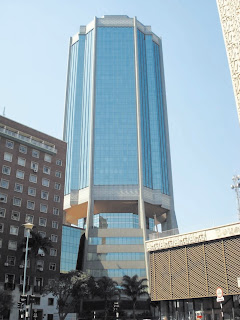Zimbabwe’s currency crisis, price instability and economic instability foes of economic recovery

Price stability contributes to achieving high level of economic activity and employment. Price is a key function in making investment and consumption decisions. Zimbabwe needs a monetary policy which addresses the key issues of price stability to enable economic recovery and growth. The economic solution lies in addressing the currency crisis. A change of monetary system such as implementing dollarization is a possible option to deal with macroeconomic instability and uncertainty. The stability of inflation and interest rates result from the success of the monetary policy in maintaining price stability. Prices differ across countries mainly due to the differences in the cost of doing business. Zimbabwe has high cost of doing business which significantly influences the level of prices and makes the country’s exports uncompetitive. The country is importing most products therefore any movement in exchange rates such as the strengthening of the South African Rand influence the l...




